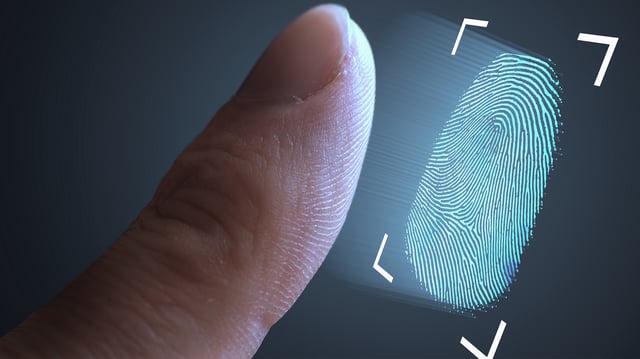Overview
- The Bundesgerichtshof’s March 13 decision, made public this week, confirms that officers may compel suspects to place a finger on a smartphone sensor to unlock devices.
- Judges determined that forced fingerprint scans count as passive tolerance rather than active cooperation, preserving the right against self-incrimination.
- Such biometric unlocking is permissible only under § 81b of the Criminal Procedure Code and requires a prior warrant for searches targeting mobile phones.
- The precedent stems from a Cologne child pornography case in which police used force to unlock a suspect’s two smartphones.
- Legal experts say the verdict strengthens law enforcement’s access to biometric evidence while enforcing strict proportionality and judicial oversight.

